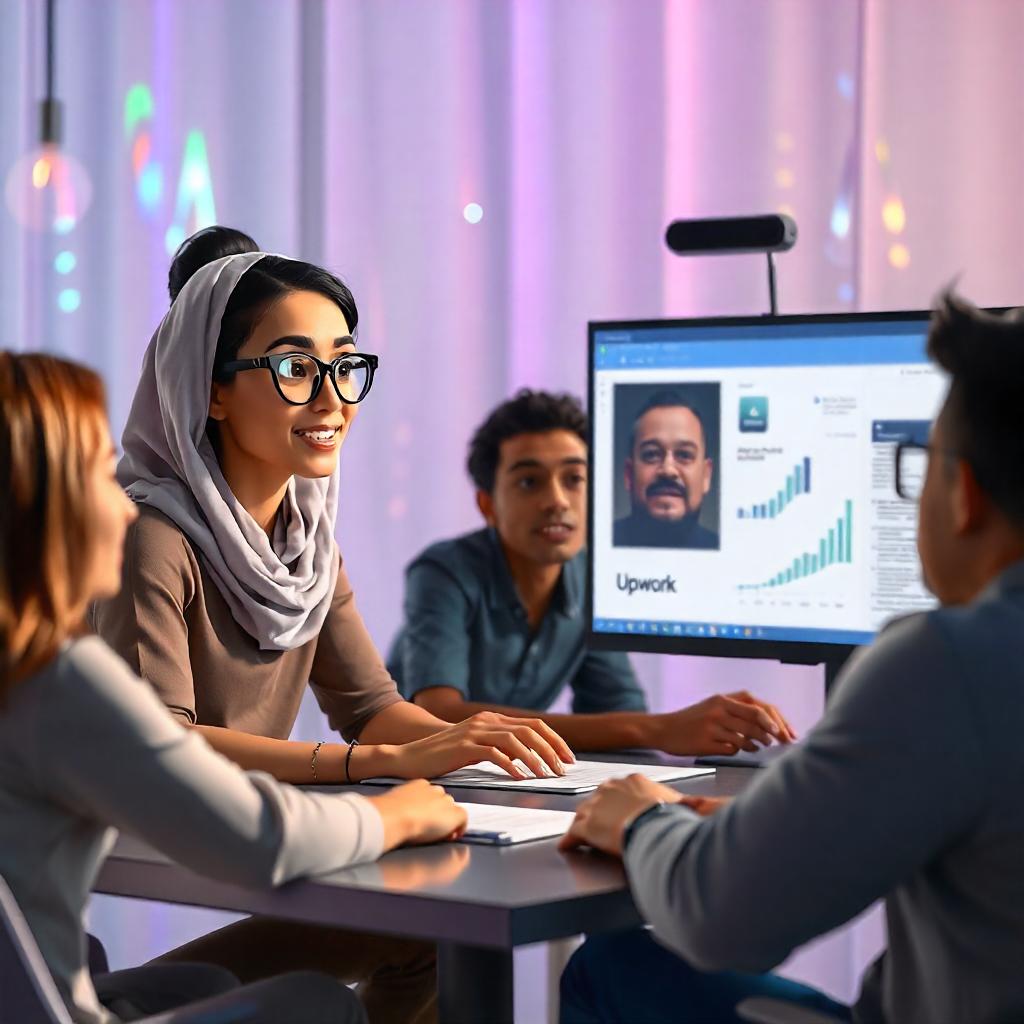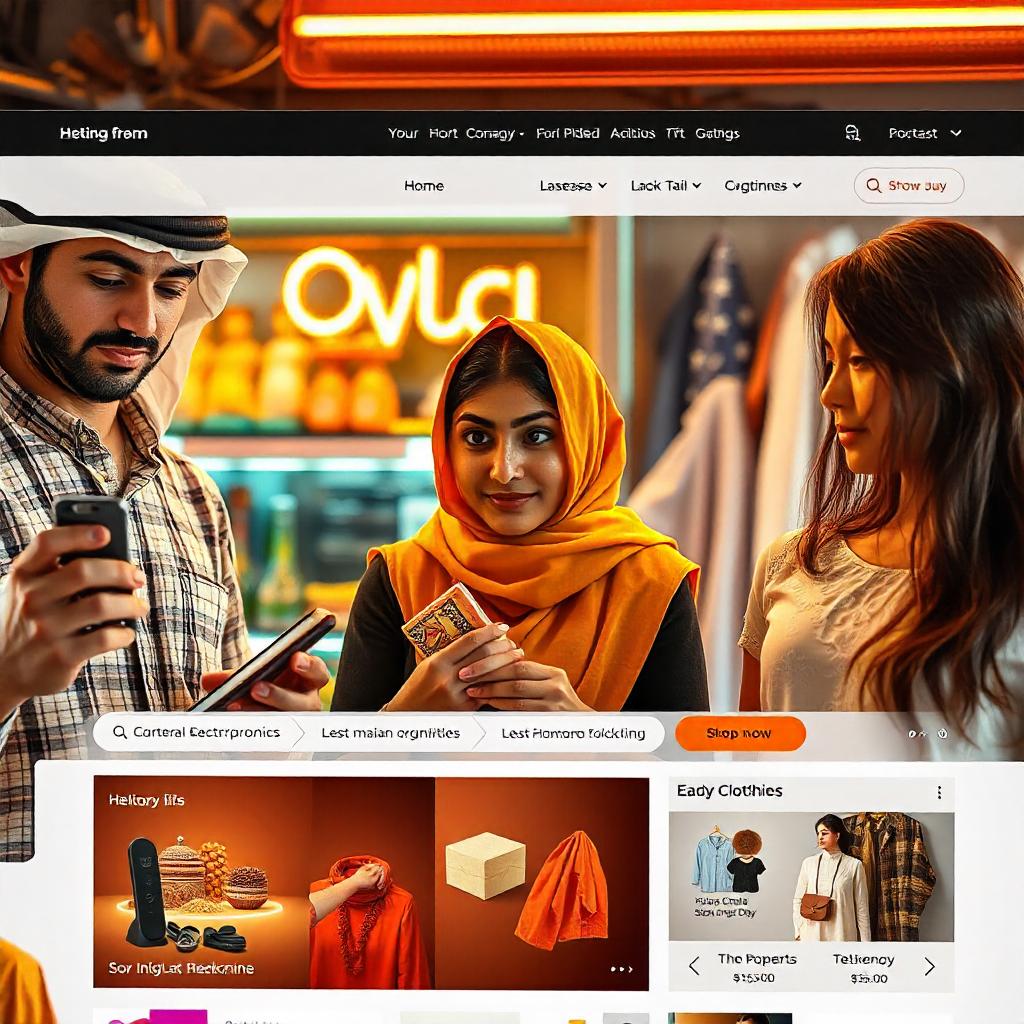How To Make Money By Teaching English Online
Teaching English online is a flexible and rewarding way to make money while helping students around the world improve their language skills. With the increasing demand for English education, there are numerous platforms and opportunities available for teachers. Here’s a comprehensive guide on how to make money by teaching English online.
1. Understand the Requirements
Before you start teaching English online, it’s important to understand the common qualifications and skills required by many platforms and students:
How to Earn Money Online – The Ultimate Guide to Financial Freedom!
- Education: Most platforms require a minimum of a high school diploma, but a bachelor’s degree, particularly in education or English, can increase your chances of being hired.
- Certification: Obtaining a teaching certification like TESOL (Teaching English to Speakers of Other Languages), TEFL (Teaching English as a Foreign Language), or CELTA (Certificate in English Language Teaching to Adults) can help you stand out and may be required by some platforms.
- Experience: While some platforms require teaching experience, others offer opportunities to beginners. Having experience in tutoring or teaching is an added advantage, but it’s not always mandatory.
- Technical Skills: You should be comfortable using video conferencing tools like Zoom or Skype and be able to work with teaching software or platforms that facilitate the lessons.
2. Choose the Right Platform
There are numerous online platforms where you can teach English, each with its own set of requirements, pay rates, and student demographics. Below are some popular platforms where you can find online English teaching jobs:
- VIPKid: This platform focuses on teaching English to young learners in China. To apply, you need a bachelor’s degree and some teaching experience. VIPKid offers competitive pay and flexible hours.
- iTalki: iTalki allows you to set your own rates and work with students from all over the world. It’s a marketplace where teachers and students can connect for one-on-one lessons. You don’t need formal teaching qualifications, though having them helps.
- Cambly: Cambly offers flexible teaching hours and requires no specific qualifications. The platform focuses on conversational English, and you’ll be able to teach students from countries like Saudi Arabia, Brazil, and Japan.
- Preply: Preply allows you to create your own profile and set your own prices. It’s a marketplace for language tutors, and you can teach English to students of all ages and proficiency levels.
- EF Education First: EF offers online teaching jobs, mainly for teaching English to Chinese students. They require a degree and teaching certificate but provide training and support.
- Qkids: Similar to VIPKid, Qkids connects English teachers with Chinese children. A bachelor’s degree is required, and they provide teaching materials and a structured curriculum.
3. Create an Attractive Profile
Your profile is your marketing tool to attract students. Here are some tips to make your profile stand out:
How to Earn Money Online – The Ultimate Guide to Financial Freedom!
- Professional Photo: Upload a clear, friendly, and professional photo. A smile can go a long way in making students feel comfortable.
- Engaging Bio: Write a bio that highlights your qualifications, teaching style, and enthusiasm. Show your passion for teaching and your ability to engage students.
- Skills and Experience: List your teaching certifications, relevant degrees, and any prior teaching or tutoring experience. Include any special skills, such as knowledge of other languages, which can attract a wider student base.
- Video Introduction: Many platforms, like iTalki and Preply, allow you to upload a short video. Use this opportunity to showcase your personality, teaching style, and passion for English.
4. Set Your Rates and Schedule
One of the benefits of teaching English online is flexibility. Many platforms allow you to set your own rates and choose your working hours. Consider the following when determining your rates:
- Market Rates: Look at the rates of other teachers on the platform to ensure you are competitive but also reflect your experience and qualifications.
- Your Experience: Beginners might start with lower rates to build a student base and gather positive reviews. As you gain more experience and reviews, you can increase your rates.
- Time Zones: Depending on where you are based and where your students are located, you may need to adjust your schedule to meet their time zone needs.
5. Prepare Engaging Lesson Plans
While many platforms provide their own lesson materials, it’s a good idea to personalize and supplement these with your own resources. Consider the following tips:
- Use Multimedia: Incorporate images, videos, and interactive tools to make lessons engaging.
- Set Clear Objectives: Ensure each lesson has a clear learning goal, whether it’s improving speaking, writing, listening, or vocabulary.
- Adapt to Student Levels: Tailor your lessons to your student’s proficiency level. Beginners may need more basic vocabulary and simple sentence structures, while advanced students may require more complex grammar or conversational practice.
6. Build a Reputation and Get Reviews
To succeed as an online English teacher, building a solid reputation is essential. Here’s how:
- Consistency: Be punctual and reliable. Consistent teaching will help you build trust with students.
- Encouragement and Feedback: Give positive reinforcement to your students. Provide constructive feedback to help them improve.
- Student Retention: Building rapport with students will help with retention. Many students prefer to work with a teacher they trust and feel comfortable with.
- Get Reviews: Ask students for reviews after each lesson. Positive reviews will boost your credibility and attract more students.
7. Marketing Yourself
Beyond the platforms, you can also promote your services independently to increase your student base:
How to Earn Money Online – The Ultimate Guide to Financial Freedom!
- Social Media: Use platforms like Instagram, Facebook, or LinkedIn to showcase your teaching experience and share educational content. You can post tips, lessons, or student testimonials to attract new learners.
- Blogging or YouTube: Share valuable content about learning English. This can position you as an authority in your field and attract more students.
- Referrals: Offer discounts or incentives to existing students who refer new students to you.
8. Optimize Your Teaching Environment
Since you’ll be teaching virtually, having a professional and quiet teaching environment is crucial:
- Clear Background: Ensure your teaching space is tidy and free of distractions. A simple, neutral background works best.
- Good Lighting: Make sure your face is well-lit, preferably with natural light or a ring light.
- Reliable Equipment: Invest in a good-quality microphone and camera to ensure clear communication. Test your internet connection before every lesson to avoid disruptions.
9. Expand Your Opportunities
Once you’re comfortable with teaching English online, consider expanding your offerings to increase your income:
- Group Classes: Some platforms allow you to teach multiple students at once, which can increase your earnings per session.
- Specialized Courses: You can offer specialized courses in business English, exam preparation (e.g., TOEFL or IELTS), or English for specific purposes (e.g., travel or healthcare).
- Private Tutoring: After gaining experience, you can offer private tutoring services for students who prefer one-on-one lessons.
How to Earn Money Online – The Ultimate Guide to Financial Freedom!

































